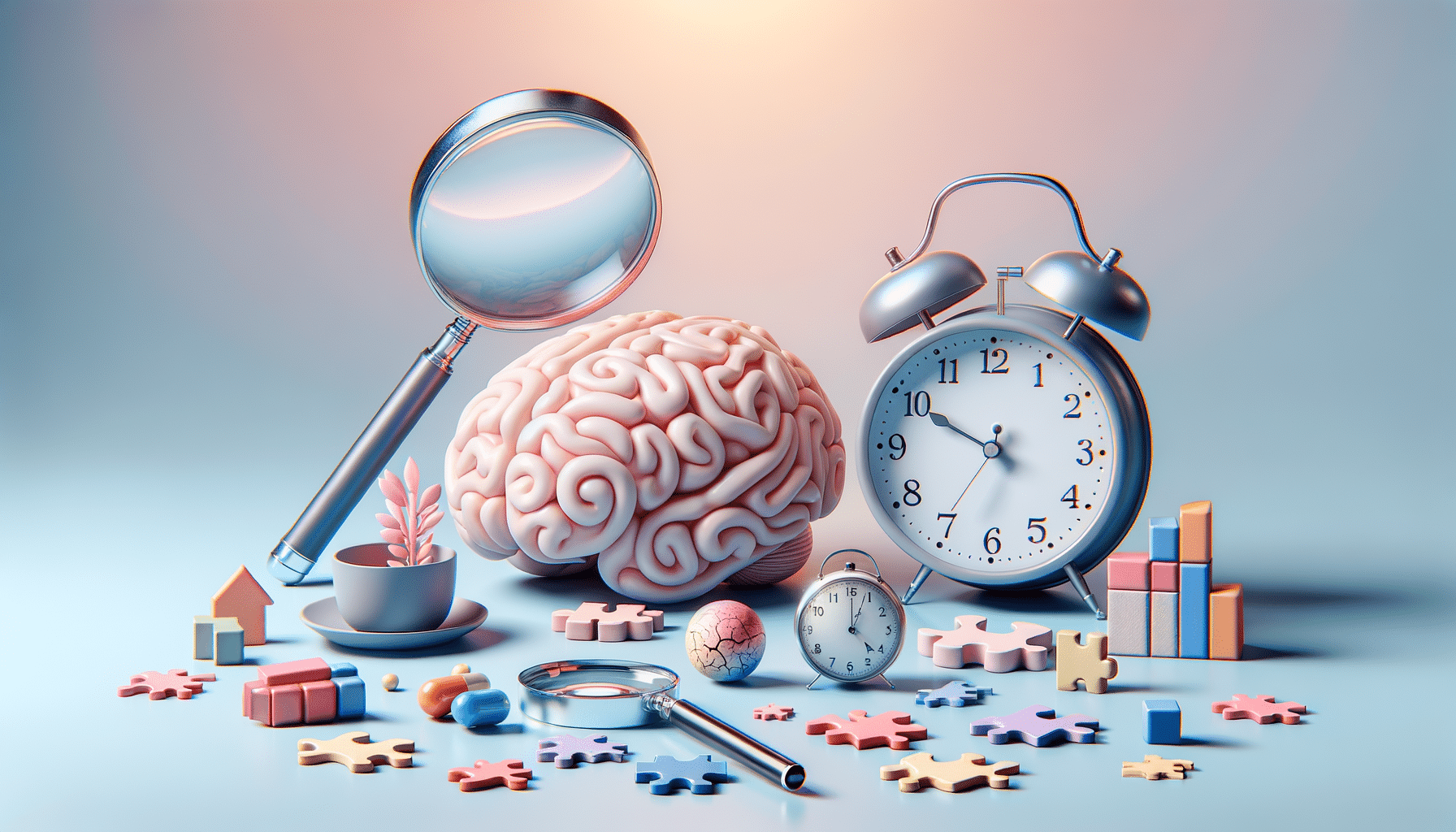
Worried About Memory Loss? Take an Alzheimer’s Screening Test
Understanding Dementia and Its Impact on the Elderly
Dementia is a broad term that encompasses a range of cognitive impairments, with Alzheimer’s disease being the most common form. It affects memory, thinking, and social abilities severely enough to interfere with daily life. As the global population ages, dementia has become a pressing public health issue, affecting millions of elderly individuals worldwide.
Early detection of dementia is crucial as it allows for timely intervention, which can significantly improve the quality of life for those affected. While dementia is not a normal part of aging, the risk increases with age. This makes regular cognitive assessments an important component of elder care.
Symptoms of dementia can vary, but common signs include memory loss, difficulty in communication, disorientation, and changes in personality. These symptoms can be subtle at first, making it challenging for family members to recognize them without professional help.
The impact of dementia extends beyond the individual, affecting families emotionally and financially. Hence, understanding and addressing dementia in its early stages can help mitigate its effects and provide better support for both patients and caregivers.
The Importance of Alzheimer’s Screening Tests
Alzheimer’s screening tests play a vital role in the early detection of cognitive decline. These tests are designed to assess various aspects of cognitive function, including memory, attention, language, and problem-solving skills. While they are not diagnostic tools, they can indicate whether further evaluation by a healthcare professional is necessary.
Screening tests are beneficial because they provide a baseline of cognitive function. This can help in tracking changes over time, allowing for early intervention strategies to be implemented. These strategies may include lifestyle modifications, cognitive therapies, and, in some cases, medication to slow the progression of symptoms.
For caregivers and family members, these tests offer valuable insights into the cognitive health of their loved ones. Understanding the results can guide them in making informed decisions about care and support.
It’s important to note that taking a screening test is a proactive step towards managing brain health. It empowers individuals and their families to seek further medical advice and explore available resources for support.
Types of Dementia Tests Available
There are several types of dementia tests available, each serving a specific purpose in assessing cognitive health. Some of the most commonly used tests include:
- Mini-Mental State Examination (MMSE): A widely used test that evaluates cognitive function through a series of questions and tasks. It assesses areas such as arithmetic, memory, and orientation.
- Montreal Cognitive Assessment (MoCA): This test is known for its sensitivity in detecting mild cognitive impairment and early signs of dementia. It covers various cognitive domains, including visuospatial skills and executive function.
- Clock Drawing Test: A simple yet effective tool where individuals are asked to draw a clock showing a specific time. It helps assess visuospatial and executive function.
Each of these tests has its strengths and is often used in combination to provide a comprehensive assessment of cognitive health. It’s essential to consult with a healthcare professional to determine which tests are appropriate based on individual needs and circumstances.
Preparing for a Dementia Test: What to Expect
Preparing for a dementia test can be a straightforward process, but knowing what to expect can help alleviate any anxiety associated with the assessment. Typically, a dementia test involves answering a series of questions and performing tasks designed to evaluate different cognitive abilities.
Before the test, it’s advisable to gather any relevant medical history and information about symptoms. This can help the healthcare provider better understand the context of the cognitive assessment. It’s also beneficial to have a family member or caregiver present, as they can provide additional insights and support.
During the test, individuals may be asked to recall information, solve problems, or complete tasks that assess memory, language, and reasoning skills. The environment is usually calm and supportive, ensuring that individuals feel comfortable throughout the process.
After the test, the results will be discussed with the individual and their family. If any concerns are identified, further evaluation or referrals to specialists may be recommended. Taking this step is an important part of maintaining cognitive health and ensuring that any issues are addressed promptly.
Next Steps After a Dementia Test
Once a dementia test is completed, the next steps depend on the results and recommendations provided by the healthcare professional. If the test indicates potential cognitive decline, a more in-depth evaluation may be necessary to determine the underlying cause.
For individuals diagnosed with dementia, a comprehensive care plan can be developed. This plan may include:
- Medication management to address symptoms and slow progression.
- Non-pharmacological interventions such as cognitive therapies and lifestyle changes.
- Support services for caregivers, including education and respite care.
It’s important to maintain regular follow-ups with healthcare providers to monitor cognitive health and adjust care plans as needed. Additionally, connecting with support groups and resources can provide valuable assistance and community for both individuals and their families.
Taking a dementia test is a proactive step in managing brain health. By staying informed and engaged in the process, individuals and their families can navigate the challenges of cognitive decline with confidence and support.


